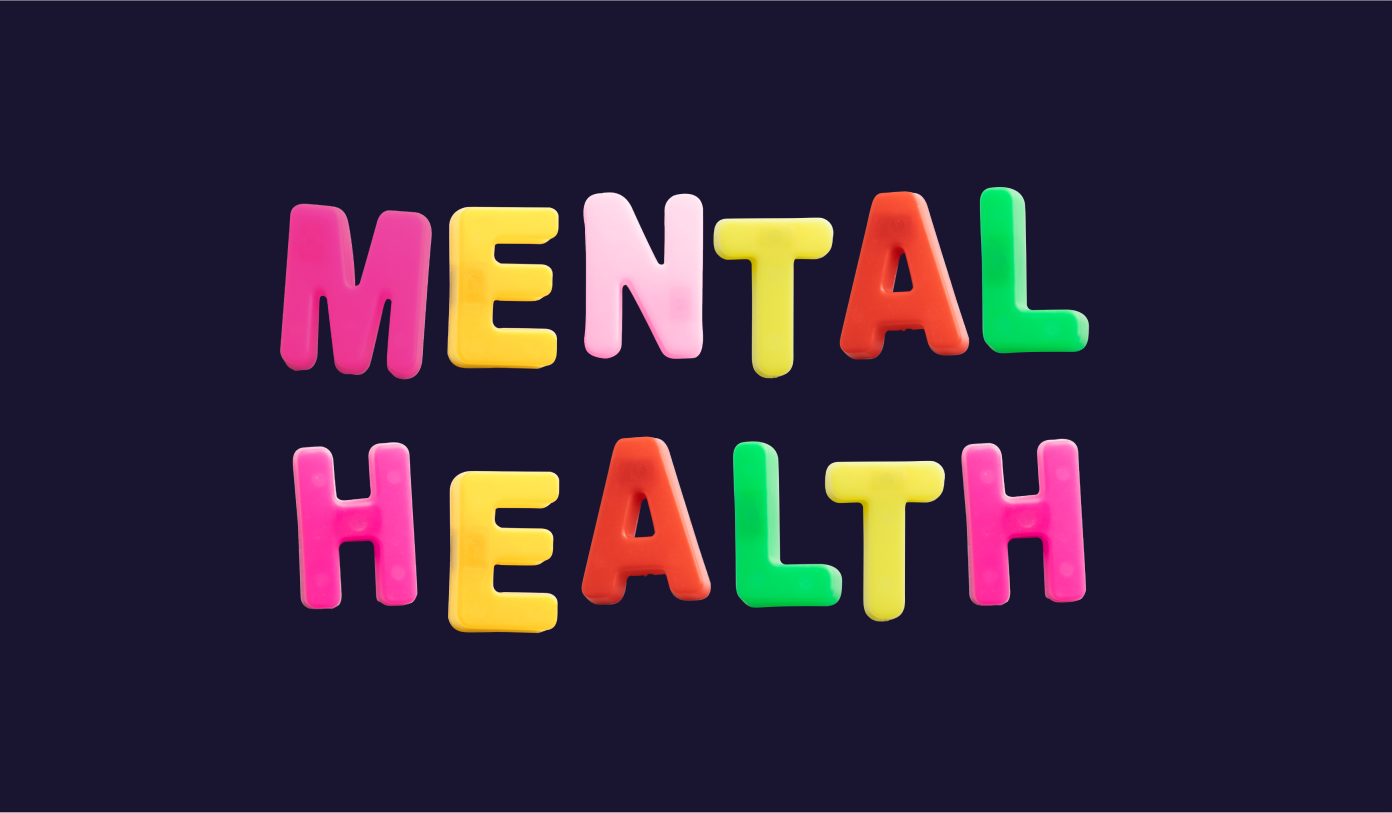Nutrition tends to play a vital role in both our physical, and well as our mental well being. In the past decade or so, research has increasingly shown how specific vitamins and nutrients even affect mental health, and how deficiencies of the same can lead to issues like mood disorders, cognitive decline, and other problems. Here’s how certain vitamin deficiencies affect mental health and how you can address them.
Vitamin D and Mental Health
Also known as the “sunshine vitamin,” —is essential for overall health, including mental well-being, since it regulates mood. Low levels of vitamin D have been linked to increased rates of depression, seasonal affective disorder (SAD), and anxiety. Studies have shown that individuals with lower levels of vitamin D are more likely to experience symptoms of depression and mood swings.
Vitamin D deficiency is common, particularly in regions with limited sunlight, or individuals who spend a lot of time indoors. This lack of exposure contributes to low mood and cognitive issues. Thus, supplementing vitamin D or getting more sunlight can improve mood and reduce symptoms.
Vitamin B12 and Mental Health
Vitamin B12 plays a critical role in the production of neurotransmitters that regulate mood, including serotonin and dopamine. A deficiency leads to several issues, including depression, confusion, memory loss, and even paranoia. B12 deficiency is particularly common in older adults and people who are vegetarian or vegan, since B12 is primarily found in animal products.
Low B12 levels also cause symptoms like brain fog, mood swings, and fatigue, while in some cases, it can also lead to severe cognitive decline, making it essential to monitor and ensure sufficient intake.
Folate (Vitamin B9) and Mental Health
Vitamin B9 (folate), is essential for brain function and the production of DNA and RNA. Low levels have been associated with depression, cognitive decline, and even increased risk of Alzheimer’s disease. It works in conjunction with vitamin B12 to support neurotransmitter function, while a deficiency in either can lead to mood disturbances.
The deficiency can lead to difficulties with concentration, memory, and mood regulation. While research suggests that people with low folate levels are more likely to experience depression and are less likely to respond to antidepressant medications. Ensuring adequate folate intake
through foods like leafy greens, legumes, and fortified cereals is crucial for maintaining mental health.
Iron and Mental Health
Iron is essential for producing hemoglobin. A deficiency known as anemia, can lead to fatigue, irritability, difficulty concentrating, and cognitive decline. Research suggests that there is a connection between the deficiency and depression and anxiety.
It can also result in poor cognitive performance and feelings of lethargy, which can exacerbate mood disorders. Women, particularly those of childbearing age, are more likely to experience iron deficiency due to menstruation, that’s why iron intake is vital.
Omega-3 Fatty Acids and Mental Health
Though not a vitamin, omega-3 fatty acids are critical for brain health. Omega-3s, particularly EPA and DHA, are found in high concentrations in the brain and play a role in regulating neurotransmitters and reducing inflammation. A lack of it can be linked to increased rates of depression, anxiety, and even schizophrenia.
Studies show that individuals with lower levels are more likely to experience mood disorders, while supplementation improves symptoms of depression and anxiety. Omega-3s are primarily found in fatty fish, flaxseeds, and walnuts, which aid in brain health.
Other Vitamins and Nutrients Impacting Mental Health
While the vitamins have the most well-established links to mental health, here are other nutrients that play a major role:
● Vitamin C: Known for its antioxidant properties, vitamin C helps protect the brain from oxidative stress— linked to improved mood and cognitive function.
● Magnesium: This mineral plays a role in neurotransmitter function and has been associated with reduced symptoms of anxiety and depression.
● Zinc: Zinc is involved in neurotransmitter regulation, and low levels have been linked to mood disorders like depression and anxiety.
How to Address Vitamin Deficiencies
Addressing vitamin deficiencies is crucial for maintaining both physical and mental health, which can be done through regular vitamin testing. Once identified, they can be addressed through dietary changes or supplements. For example, increasing intake of foods rich in specific vitamins—such as fish for vitamin D, leafy greens for folate, and red meat for iron—can help improve mental health.
However, if diet isn’t sufficient, supplements may be necessary to restore proper nutrient levels.
Importance of Regular Vitamin Testing for Mental Health
Regular vitamin testing is crucial for ensuring that your body has the nutrients it needs for optimal mental health. Many deficiencies go undetected for long periods, and their symptoms are often mistaken for other health issues or simply attributed to stress. Regular testing allows for early intervention, giving you time to address deficiencies before they lead to significant mental health issues.
Conclusion
There is a clear link between vitamin deficiencies and mental health, with nutrients like vitamin D, B12, folate, iron, and omega-3 fatty acids playing critical roles in brain function and mood regulation. Addressing these deficiencies through regular testing, diet, and supplementation can significantly help one and also help you stay on top of your health with vitamin test packages by Healthcare On Time.




